Can eating certain foods help me fight cancer?
Yes, yes and yes! Abundant information is available on this. Below you can find the 4 most potent cancer-fighting foods and how to get them working for you.
What are the 4 main cancer-fighting foods?
Out of all the foods with cancer-fighting benefits, these four come to the top of every list. Add them to your diet regularly – at least weekly and hopefully daily – to lower your risk of all cancers. These foods can really make a difference – even if you’ve already had cancer or have it now. Give it your best shot with these foods.
They are:
- mushrooms
- onions
- cruciferous vegetables &
- soy foods
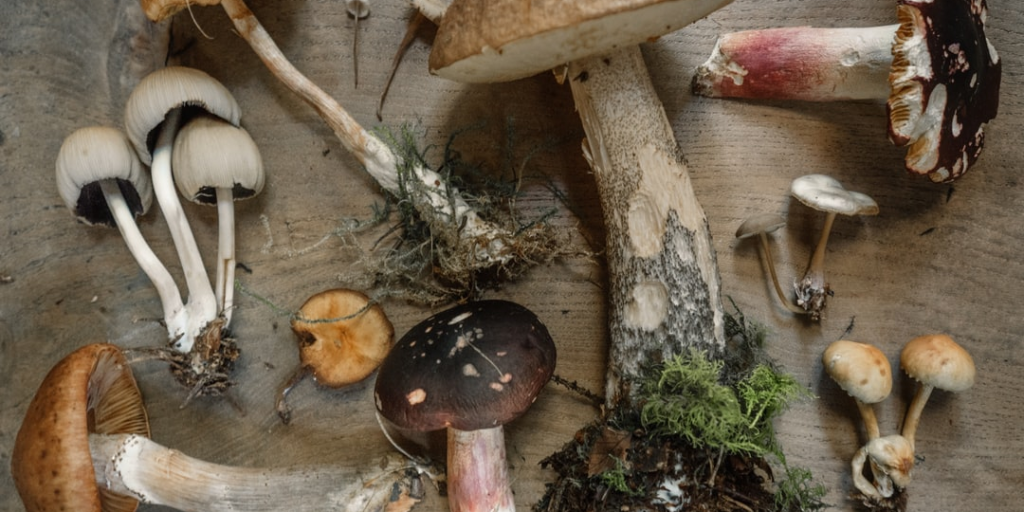
Cancer-fighting food #1: Mushrooms
Most common cancers are driven to grow, divide and spread by the hormone estrogen getting into cancer cells. It’s like throwing petrol on a fire. We want to stop it getting in so we can slow down cancer. Mushrooms inhibit or block the enzyme (aromatase), which drives the estrogen into the cancer cells.
No aromatase = no estrogen getting into cancer cells = cancer slows down
Eating the equivalent of one button mushroom a week reduces your breast cancer risk, and women who eat about ½ mushroom a day have a 63% reduced risk. If you eat the mushroom PLUS sip half a teabag of green tea daily – 90% reduced risk!

Cancer-fighting food #2: Onions
All species of the onion family stop cancer cells in the petri dish. But the most powerful is garlic.
How do they do this? They all have organosulphur compounds that slow cancer by –
- hindering cell reproduction
- blocking signalling pathways
- causing bad cells to self-destruct
and antioxidants that
- interfere with all the cancer cell stages (formation, growth, differentiation and metastasis).
One of the amazing ways onions work is that they stop the cancer cells from forming new blood vessels to bring nutrients to themselves. Eating onions and garlic stymies this process (called “angiogenesis”) so new blood vessels can’t form and ones already there start to shrivel up and disappear. The cancer cell starves to death and has no way of spreading either.
Keep that in mind next time you have caramelised onion on your veggie burger!
But do onions (and garlic) hurt normal cells too? No – never. They only affect cancer cells. And that’s why we should be eating some of this vegetable family every single day!
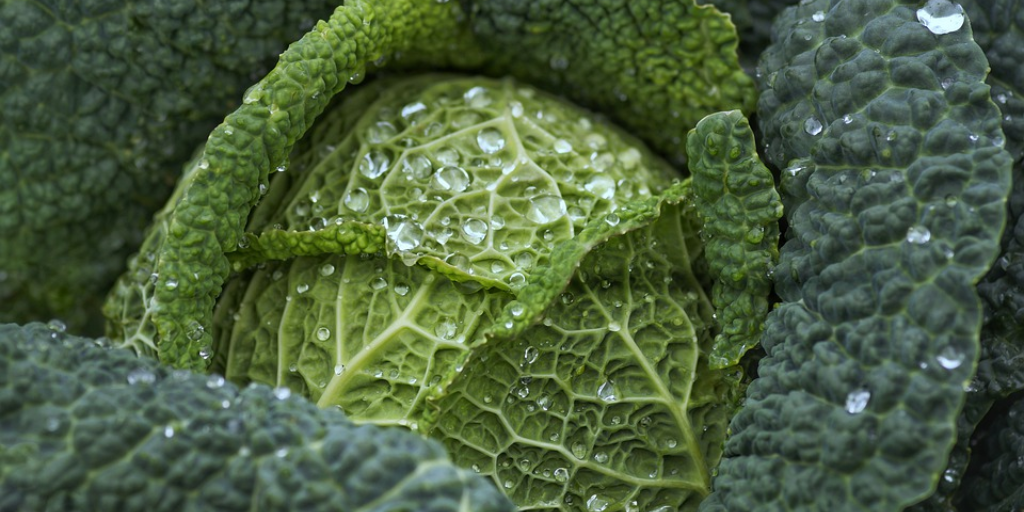
Cancer-fighting food #3: Cruciferous Vegetables
These bitter-tasting vegetables have potent anti-cancer effects.
European women eating ½ cup cruciferous vegetables only once a week significantly reduced their risk of oral, oesophageal, colorectal, kidney and breast cancers. A Chinese study found that eating one serve once a day reduced breast cancer risk by 50%!
And if you already have breast cancer: several studies have shown that the more cruciferous vegetables eaten, the less likely (35% less likely) you are to have a recurrence, and 62% less likely to die of the disease.
How to get the best out of cruciferous vegetables
You must activate the active ingredient (called ‘isothiocyanate’) or they won’t have any cancer-protective qualities. Either
- eat raw and chew well
- juice or blend, raw
- chop, wait 45 minutes for the chemical reaction to produce the active ingredient, then cook. Early cooking destroys the enzyme that is needed for the chemical reaction.
- frozen vegetables = no chemical reaction = no good (although they certainly have vitamins and minerals – but no cancer-protective ingredients as they are blanched before packing).
List of cruciferous vegetables:
- broccoli
- cauliflower
- all cabbages
- brussels sprouts (the best for this!)
- rocket
- kohlrabi (try it – it tastes great)
- watercress
- kale
- bok choy / Asian greens
- turnips
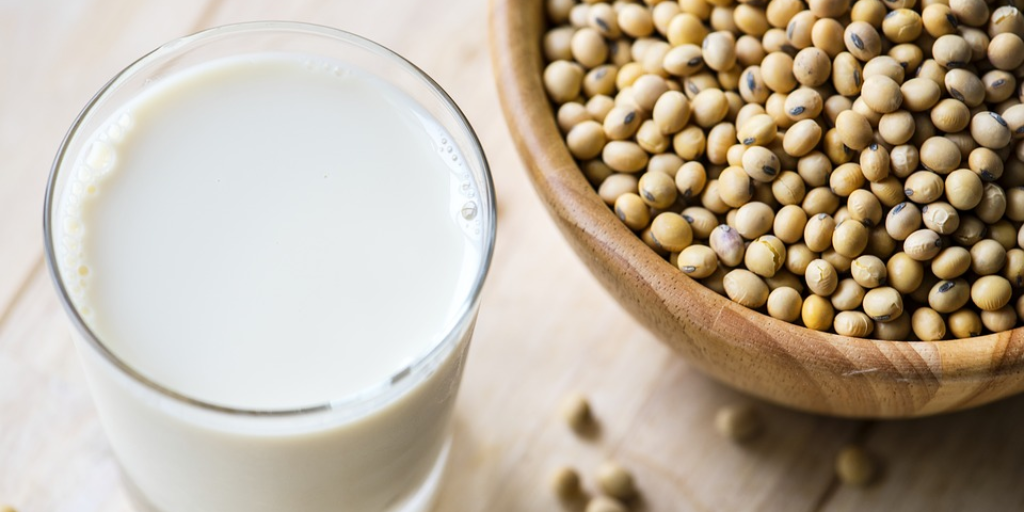
Cancer-fighting food #4: Soy Foods
The active ingredient in soy (and all beans and lentils – but heaps more of it in soybeans) are the isoflavones (there are lots of varieties of these). These have weak estrogenic effects and are also called “phytoestrogens” or plant-estrogens. They act in different ways, including blocking the estrogen receptor (keyhole) in cancer cells, so other estrogens that drive cancer can’t get in. This prevents cancer cells from ‘flaring up’ and spreading.
Myths abound about soy
In the media and the blogosphere – myths abound. Some of these myths are
- soy causes breast cancer to spread
- male infertility is linked to soy
- male babies given soy formula develop sexual mutations
- soy affects menstrual cycles negatively
The important thing to know is that – in the scientific literature – there is no controversy about soy foods at all – all the hundreds of studies show soy either has wildly positive effects, especially for cancer and other hormonal conditions, or it is, in some cases, neutral.
No studies on humans show an increase in breast cancer risk in soy-food consumers. The vast majority show a decrease in risk. A few are neutral.
Soy protects against initial breast cancer development, especially when eaten during adolescence. It also protects against recurrence – AND lowers breast cancer mortality.
How much soy do I need to get the benefits?
You need upward from about 15mg isoflavones to get the cancer-protective activity from soy:
- soy milk – about ⅓ cup
- tofu – about 100g (⅓ – ½ regular pack)
- edamame – 2 cups soybean pods
- miso – 2 – 3 tsp paste (put in hot water = soup)
- soy protein concentrate (as in soy hot dogs/burgers) – 20g+
- soy protein isolate (as in soy protein powder) – 20g
- tempeh – 500g
Please note that it is soy FOODS we are talking about – not soy supplements containing active soy compounds. The foods are safe but the concentrated supplements can be problematic. Several Asian cultures eat up to 6 serves of soy foods daily, so staying under that limit is advisable. Don’t drink more than 3 cups of soy milk per day for example.
What else should I know about cancer-fighting foods?
These 4 foods on this page are very powerful for fighting cancer – never underestimate the power of plants in your quest for improved health.
The main take-home is to know, however, is that these foods are ADDITIONS to doing the four MAIN cancer-fighting life changes. You can’t avoid doing the 4 main things, and eat a mushroom a day and think you are setting your body up well to fight cancer.
Don’t be deceived – these are not magic bullets – they are PART of a lifestyle change.
Get my 4 part infographic on the 4 BIG things needed to combat cancer naturally – for free – by filling in your email on the form on this page. It’s a pop-up form, so if you clicked it away, just refresh this page.
Want to know more?
For more information on how to set up your body to prevent or fight cancer, read my post <here>. For testimonials of people who have used food to fight cancer, click <here>.
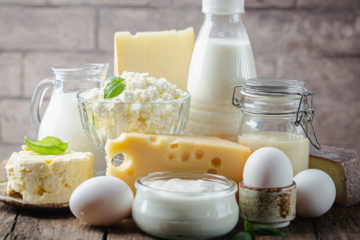
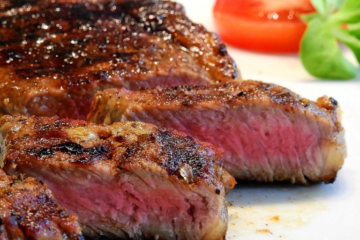

0 Comments